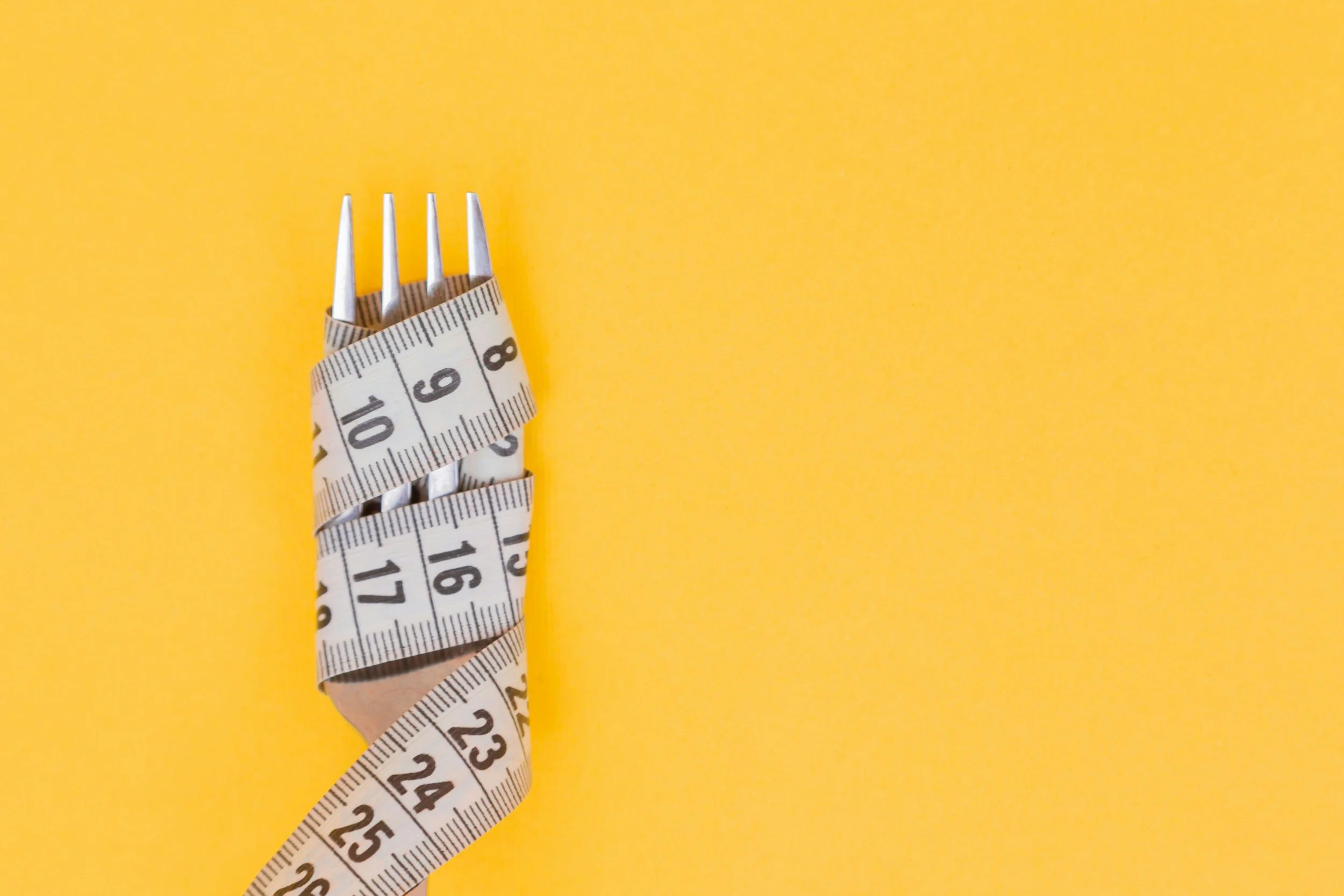self=compassion
perfectionism
body image
Binge Eating
Eating disorder therapy
Explore the Categories
right this way
Work with Me
Hi, I'm Alexis! I help clients understand what’s actually going on beneath the eating disorder, and what can make things better.

So What Is Diet Culture Anyway? A quick explanation from your friendly Michigan Eating Disorder Therapist
Welcome to my new blog series: “So What is _____ Anyway?” In this series, I’ll explain a few common terms and phrases, like diet culture, body positivity, and recovery. These are terms that I use daily in sessions with clients & in conversations with fellow eating disorder professionals. Clients and their parents, or even new friends who learn that I’m an eating disorder therapist, will often ask, “So what does _____ mean anyway?”
First up… diet culture. I can’t tell you how many times I’ve been asked “So what is diet culture anyway?” Diet culture is one of those terms that seems self-explanatory on the surface but absolutely deserves a full breakdown.
Diet culture is a set of beliefs that places a high value on thinness, equates body size/shape with health/wellness/morality, and promotes weight loss a way into social acceptance and success. Diet culture is deeply baked into our society—from advertisements and social media to healthcare and conversations with loved ones. Diet culture is more than just dieting; it is a mindset that shapes how people view food, their own body and other people’s bodies, and self-worth.
One of the notable parts of diet culture is its emphasis on appearance over well-being. Instead of promoting true health and vitality, diet culture pushes the idea that being thinner or having more muscle tone is always better. This can lead to disordered eating patterns, body dissatisfaction, and a constant (& miserable!) cycle of dieting and guilt. Through diet culture, people learn to view food as either “good” or “bad,”, which usually fosters an unsatisfying and stressful relationship with eating. Most people start therapy with me because, despite their best efforts, they are stuck in a cycle of stress around food and need help breaking the cycle and creating a different, more relaxed, joyful approach to food and body image.
Another way diet culture shows up is through industries that profit from insecurities. The weight loss industry, including supplements, detox teas, fad diets, and even some fitness programs, thrives on people believing their bodies aren’t good enough as they are. Social media influencers, before-and-after photos, and unrealistic beauty standards reinforce the idea that happiness and success are tied to achieving a specific body type or “look”. So many clients have shared with me that they *know* that diets don’t work and that they *know* their social media feeds are full of edited, curated photos that leave them feeling bad about themselves but they cannot seem to get themselves to stop dieting or stop comparing.
What diet culture often ignores is the normal, natural diversity of body shapes and the fact that health has never and will never look the same for everyone. Everybody is different and EVERY BODY is different! Diet culture fails to consider genetics, age, gender, socioeconomic status, mental health, medical conditions & medications, and many other factors that play into someone’s overall well-being. Diet culture’s narrow definition of health can marginalize and stigmatize people in larger bodies, making it harder for them to receive equitable healthcare or feel accepted in everyday spaces.
Challenging diet culture involves shifting our focus from weight & appearance to well-being & vitality. It involves embracing intuitive eating, promoting body neutrality or body positivity, and recognizing that all bodies deserve respect and care. By the way, I’ll be defining intuitive eating and body positivity/neutrality in upcoming blog posts. I like to tell clients that once you start becoming aware of diet culture and all the ways in shows up in our day-to-day lives, it becomes impossible to unsee!
If you want to learn more about diet culture and explore how it has impacted you, send me an e-mail at hello@alexishartlmsw.com so we can schedule a free introductory phone call or click here to go directly to schedule a call.
So What Is Diet Culture Anyway?
I'd love to send you a few coping skills to use when your eating disorder is so loud & overwhelming! Just click below to submit your email to gain instant access to this free download.
Coping Skills For Eating Disorders